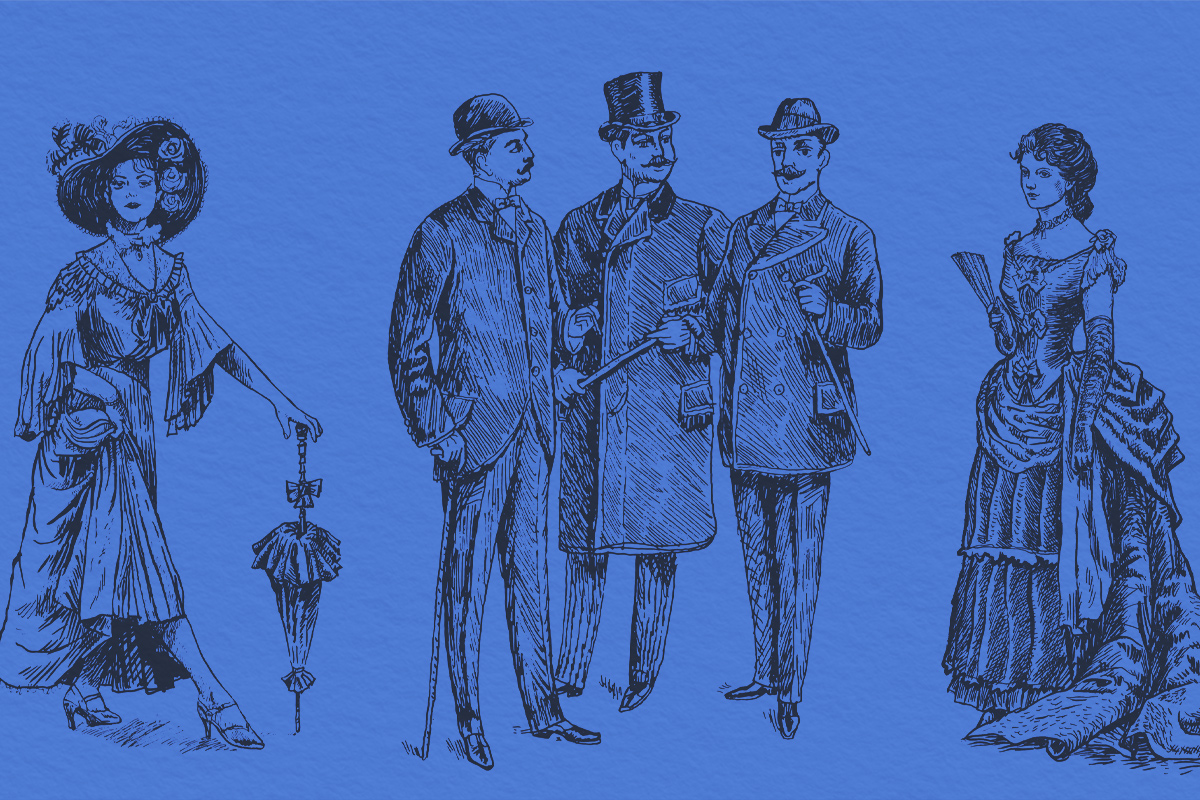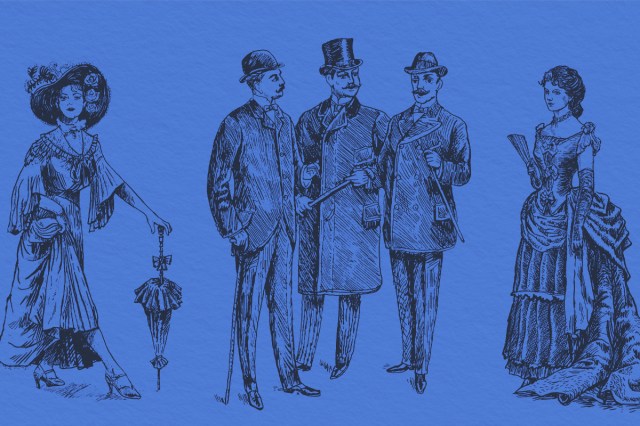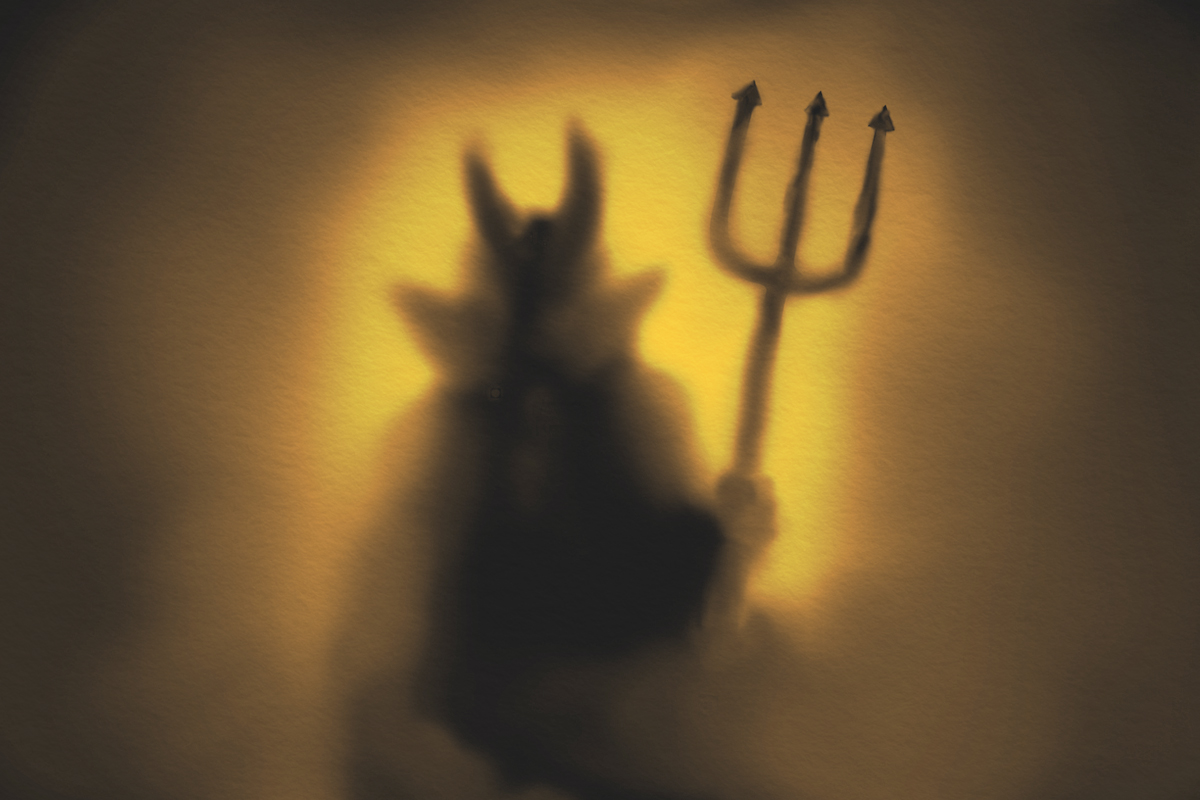
Sometimes, common words such as “happy,” “sad,” “bored,” or “anxious” don’t quite capture the full sense of what we are feeling. Other times, we just want to add a little more color to our vocabulary by using an uncommon word. Fortunately, the English language is a treasure trove of words, providing plenty of options for our more nuanced emotional states. Here are 10 uncommon words that can be used to describe common emotions, adding a certain flourish to the otherwise prosaic.
This modern word was coined by behavioral psychologist Dorothy Tennov in her 1979 book, Love and Limerence: The Experience of Being in Love. She described it as a unique psychological phenomenon, distinct from falling in love, in which we feel an uncontrollable desire for another person (the “limerent object”). Expressing an intoxicating early phase of love, it is characterized by intense euphoria and emotional connection, as well as mood swings, intrusive thoughts, and obsessive infatuation. If limerence isn’t the word for you, you might be more familiar with the concept of a crush.
“Acedia” comes from the ancient Greek akēdeia, meaning “carelessness, indifference.” This then became acedia in Latin and later entered the English language. It can now be used to refer to a state of boredom, apathy, listlessness, or torpor (another uncommon synonym to add to your vocab lists).
Hiraeth is a Welsh word with no direct English translation, but it has nonetheless made its way into the Oxford English Dictionary. Very much connected to Wales and Welsh culture, it describes something akin to homesickness, but it’s tinged with a deep grief or longing for a person, a place, or a time that is absent or lost, and that you can’t get back to.
Perhaps the closest the English language has to the Welsh hiraeth is “desiderium” (which, itself, was borrowed from the Latin dēsīderium). It refers to an ardent desire or wish, or a longing for something once possessed and now missed or lost. One of its earliest recorded uses was by Jonathan Swift in a letter to Alexander Pope: “When I leave a country without probability of returning, I think as seldom as I can of what I loved or esteemed in it, to avoid the desiderium which of all things makes life most uneasy.”
Despite being one of the more common words on this list, “sanguine” is nonetheless quite an oddity. It comes from the Latin sanguis, meaning “blood,” but it somehow ended up referring to a state of eager hopefulness or confident optimism. This is due to the medieval concept of the four humors, when health and temperament were believed to be governed by the balance of different liquids in the body. While an overabundance of phlegm, yellow bile, or black bile was considered bad, blood was associated with a cheerful and optimistic outlook — hence the positive nature of being sanguine.
“Heartsore” is a beautifully evocative word created by the compounding of “heart” and “sore.” As you might expect, it refers to emotional pain or heartache — specifically the kind caused by loss, grief, or any other kind of deep sorrow.
In the original French, the word means “cockroach,” but “cafard” was transformed by the poet Charles Baudelaire in Les Fleurs du Mal, in which he first imbued it with a meaning similar to apathy. It then found its way into English as a loanword, referring to a severe depression, melancholia, or something akin to having “the blues.”
This wonderful word originally referred to literal stomach pains, possibly as a less fearsome-sounding way of referring to cholera morbus — the cholera disease. It then evolved into a more general expression of nervousness, or butterflies in the stomach, as in, “I don’t want to go on stage — it’s giving me the collywobbles.”
If you’re looking for a word ever-so-slightly more elaborate than “doubtful” or “dubious,” consider “dubiety.” As defined by Merriam-Webster, “dubiety” means “a usually hesitant uncertainty or doubt that tends to cause vacillation.” As an example, we can turn to Robert Louis Stevenson’s Across the Plains: “Upon one point there should be no dubiety: if a man be not frugal, he has no business in the arts.”
Something can be moony if it resembles or is illuminated by the moon — the word can be used, for example, to describe someone’s face. A secondary meaning of “moony” exists, referring to a person who is inclined to “moon about” or “act in a listless or aimless manner” — someone whose character or emotional state tends toward wistful contemplation and dreamy distraction. The word is used in a brutal dismantling of Napoleon III in Justin McCarthy’s 1881 work A History of Our Own Times Vol. II, in which he describes the future emperor of France as “a fatuous, dreamy, moony, impracticable, stupid young man.”














































